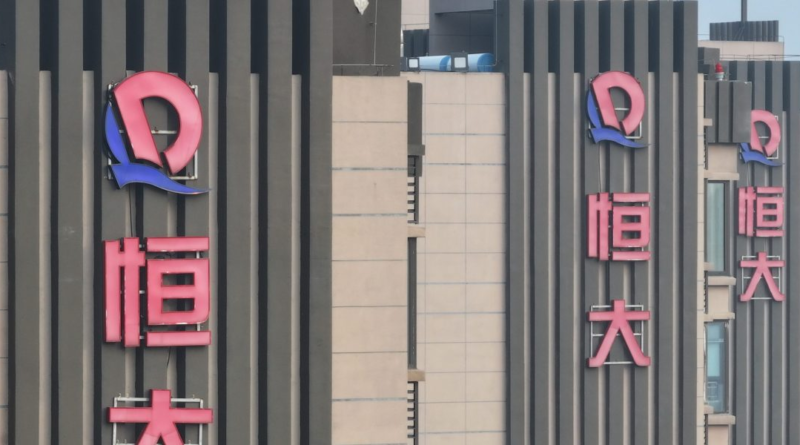Beijing is asking banks not to ‘blindly withdraw loans’ to China’s troubled real estate developers as Evergrande faces critical liquidation hearing
China’s real estate crisis, now stretching into its third year, is dragging down the country’s economy, hitting an important store of wealth, and dampening consumption. Home prices continue to fall despite Beijing’s attempt to juice demand. Now, a major financial regulator is calling on the country’s banks to keep lending money to prevent the sector from collapsing entirely.
“The financial industry has an unshirkable responsibility and must provide strong support,” Xiao Yuanqi, deputy director of China’s National Financial Regulatory Administration, said at a press conference on Thursday, according to a translation by CNBC.
Real estate is critical to the Chinese economy, at times contributing as much as 30% of the country’s GDP. Property is also an important store of wealth for Chinese households.
On Thursday, Xiao appealed to banks to not cut off troubled developers. “For projects that are in difficulty but whose funds can be balanced, we should not blindly withdraw loans, suppress loans, or cut off loans,” he said.
Earlier this week, the People’s Bank of China, the country’s central bank, again tried to stimulate the economy by reducing the reserve requirement ratio by 50 basis points. Pan Gongsheng, the central bank’s governor, also suggested that he would cut loan prime rates, a reference point for Chinese mortgages, next month.
Chinese home prices continued to fall in December, with the price of new homes in 70 major cities dropping by 0.4% compared to the previous month. It’s the steepest monthly decline since 2015.
Evergrande’s final chance?
China’s real estate sector may get another massive shock in just a few days.
On Monday, China Evergrande Group—the massively indebted developer whose troubles arguably triggered China’s real estate crisis in the first place—will face a critical liquidation hearing in Hong Kong.
Evergrande defaulted on its offshore debt in December 2021, which sparked a liquidity crisis in the real estate sector that pushed several other Chinese developers to default as well. It’s only gotten worse from there: Evergrande reported combined losses of $81 billion in 2021 and 2022 and it lost $4.5 billion in the first half of 2023. Then the developer filed for bankruptcy protection in the U.S. last August. And in September, Chinese authorities detained Evergrande’s one-time billionaire chairman, Hui Ka Yan, for “illegal crimes.”
Monday will be the third time Evergrande has been hauled to court. The developer, which has about $327 billion in liabilities, won brief reprieves in October and December, as a judge gave it more time to convince creditors to back a restructuring plan.
Evergrande may not be quite so lucky the third time around. This week, a group of Evergrande’s major offshore creditors, holding about $2 billion of Evergrande debt, agreed to join the winding up petition, Reuters reported.
And on Friday, the Hong Kong judge ruling on Evergrande’s liquidation scheduled another hearing later that afternoon that would determine how a liquidation process would proceed, if it came to pass, Bloomberg reports.
Discussions of Evergrande’s fate will start early on Monday. The first session on the winding-up petition is scheduled for 9:30 a.m. local time.




